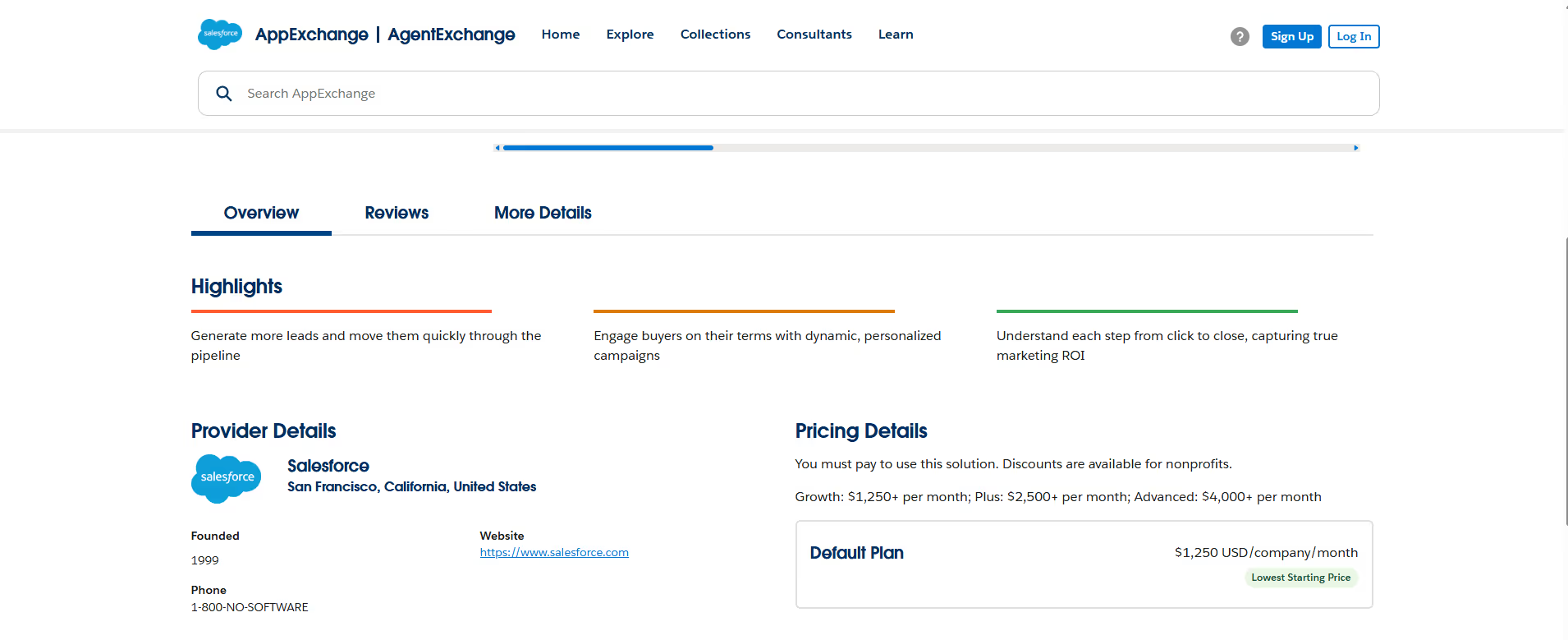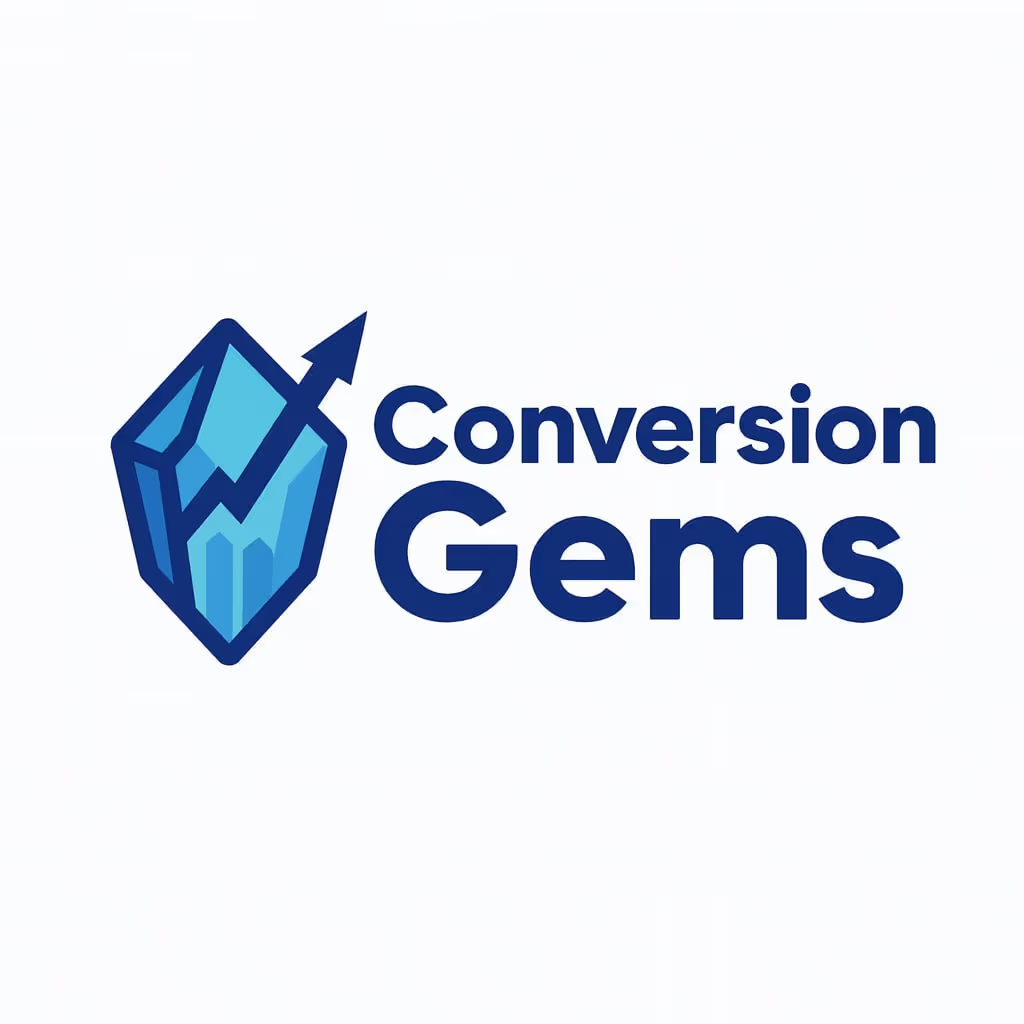Pardot
Description
Key Applications
- B2B Lead Generation & Nurturing: Automates complex email nurture campaigns for prospects at different stages of the sales funnel, from top-of-funnel awareness to bottom-of-funnel readiness.
- Sales & Marketing Alignment: Provides a seamless bridge between marketing activities and the Salesforce CRM, ensuring lead data, engagement history, and scores are instantly visible to sales reps.
- Lead Scoring & Grading: Employs a dual system to automatically rank leads based on both demographic/profile data (grade) and engagement behavior (score), prioritizing the hottest prospects for sales.
- Specific Workflow: A prospect downloads a whitepaper, is added to a nurture campaign, and their lead score increases; when they visit the pricing page, their score hits a threshold and they are automatically assigned as a new task for a sales rep in Salesforce.
Who It’s For
Pros & Cons
How It Compares
- Versus Marketo: Pardot wins on deeper, more native integration with Salesforce, creating a seamless experience for sales and marketing teams, whereas Marketo offers a broader set of advanced features and can be more complex to manage.
- Versus HubSpot: It differentiates through its enterprise-level B2B focus and powerful Salesforce synergy, while HubSpot is often favored for its all-in-one suite and user-friendliness for mid-market companies.
- Versus Eloqua: Its competitive advantage is a balance of enterprise power and a more marketer-friendly interface than Eloqua, which is often seen as suited for the largest, most complex global implementations.
Bullet Point Features
- Deep, bi-directional integration with Salesforce CRM.
- Advanced email marketing and automation studio.
- Dynamic lead scoring and grading system.
- Engagement history tracking for sales teams.
- ROI reporting and marketing analytics dashboards.
Frequently Asked Questions
Find quick answers about this tool’s features, usage ,Compares, and support to get started with confidence.

Pardot is a B2B marketing automation platform by Salesforce that helps businesses generate, nurture, and qualify leads through data-driven marketing campaigns.

B2B marketers, sales teams, and enterprise organizations benefit most. It’s ideal for companies with long sales cycles and CRM-driven marketing strategies.

Pardot automatically tracks prospect behavior, assigns scores, and nurtures leads with personalized email and content journeys based on engagement.

Yes. Pardot integrates deeply with Salesforce CRM, allowing seamless alignment between marketing and sales teams with shared data and insights.

Unlike simple email platforms, Pardot focuses on B2B lead intelligence, automation, ROI tracking, and sales alignment, making it ideal for growth-focused enterprises.





.avif)




